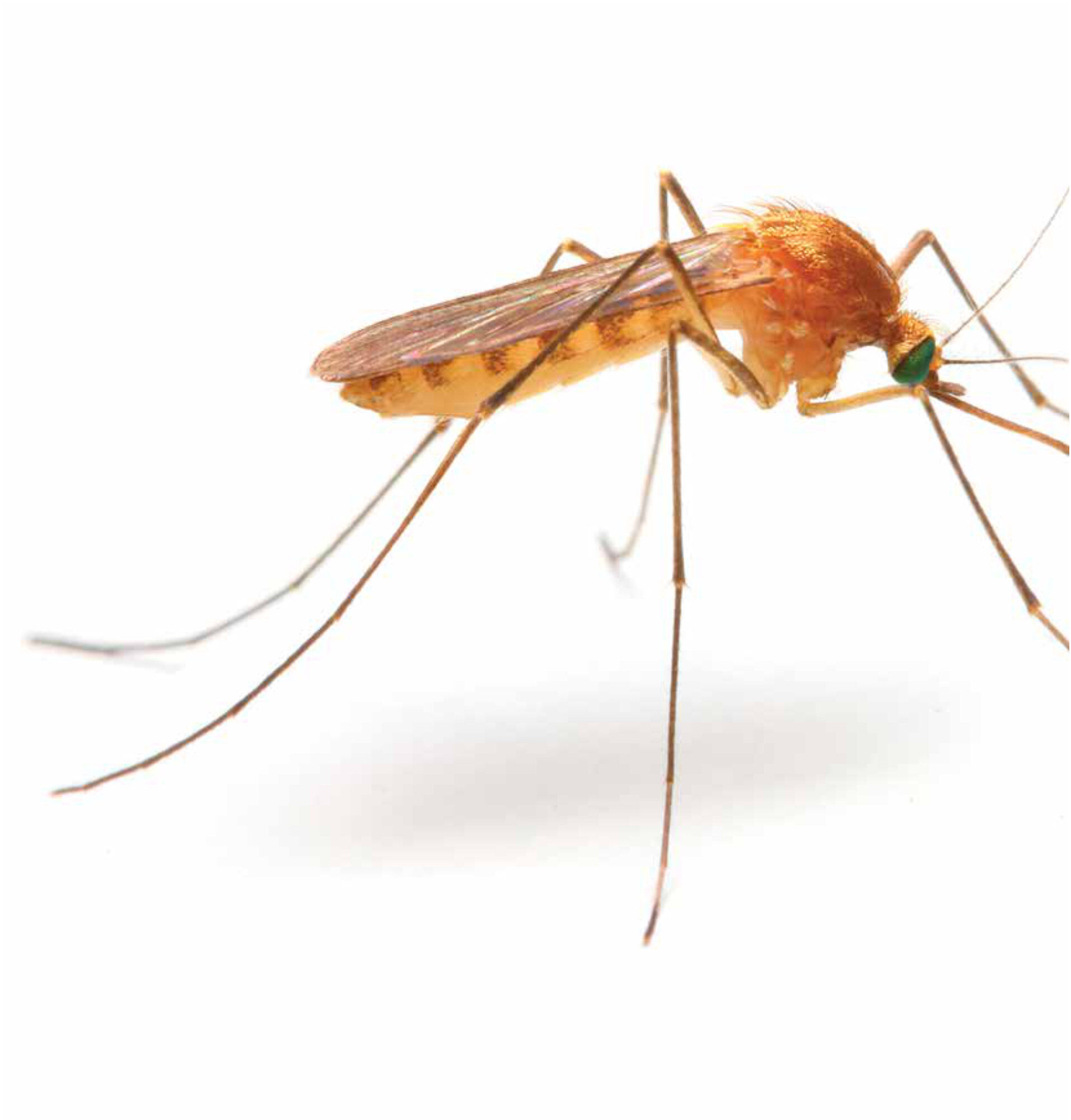Main content
Linking Ethiopian gynaecologists with Dutch colleagues: request for collaboration with the Working Party on International Safe Motherhood and Reproductive Health
How can one contribute to decreasing the unacceptable health differences around the globe whilst working in a rich country? How to help improve the health of women and children from a distance? In what way can gynaecologists working in the Netherlands assist their peers in underprivileged parts of the world? And how can they, the ones who are interested in collaborating, find us, rather than the other way around? The Working Party on International Safe Motherhood and Reproductive Health (WP) introspectively addressed these questions, looking to renew the purpose for its existence.
Our WP is part of the Netherlands Society for Tropical Medicine and International Health (NVTG) and the Dutch Society of Obstetrics and Gynaecology (NVOG). Until recently, we supported the Association for Gynaecologists and Obstetricians of Tanzania, a twinning which recently ended. Members of the WP expressed their interest in continuing such collaborations as complementary to the work the WP does in the Netherlands. This comment in MTb explores the contours of a possible new collaboration of the WP with colleagues in Gondar, the former capital of Ethiopia.
The formal request for collaboration came from local gynaecologist working at the University Hospital of Gondar. The support requested differed somewhat from what we usually provide, as they were more interested in post-speciality training in uro-gynaecology and gynaecologic oncology rather than capacity building in basic obstetrical and gynaecological skills. Also they expressed interest in operational research and supporting staff in surrounding health centres.
The WP responded positively to the request and, in conjunction with the Liverpool School of Tropical Medicine, delivered training in obstetric emergencies, facilitated by a grant from Share-Net. Also, the urogynaecologist and gynaecologic oncologist conducted surgery with local staff and examined possibilities for post-specialty training. The training was well received, and the team was impressed by the careful selection of patients and the decent level of perioperative care.
This contrasted with the level of obstetric care provided in the surrounding health centres. Basic proactive and supportive management of labour is not always performed; there is reluctance to induce labour, perform artificial rupture of membranes, start oxytocin and do operative vaginal deliveries. And although reliable data are absent, it is clear that peripartum maternal and perinatal mortality and morbidity remain high. Over the past decade, the maternal mortality ratio has decreased from 871 to 676 per 100 000 live births, but Ethiopia remains the fifth contributor to global maternal mortality in absolute numbers. This strengthens our conviction that our obstetric training efforts need to be sustained.
Besides the first set of trainings, we addressed operational research needs. A number of interventions, which have been shown to be effective in high-income settings, are to be tested for their effect on Ethiopian women. Plans to assist in improving the referral system and the functionality of health centres are under way but require local political commitment, for example regarding staffing.
Currently we are identifying specialists, in particular urogynaecologists and gynaecological oncologists, to take part in this collaboration with Gondar. We are sharing our experiences to illustrate the conditions for good partnering, i.e. the action should be initiated and led by the local counterpart and must be carefully planned, with due attention for relevance and sustainability. We look forward to hearing from other NVTG working parties on their experiences.
For more information:
secretariaat.wp@gmail.com.



















































